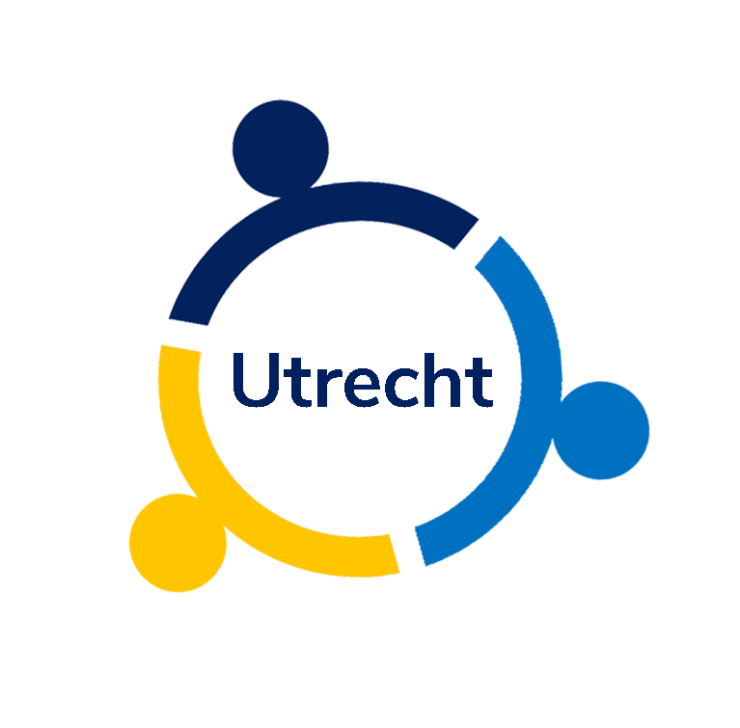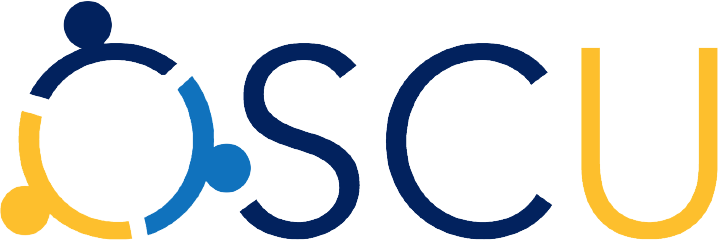News, Blog and Podcast
Your Personal Science: Everything you wanted to say about science, but were afraid to share. – An OSCoffee Impression.

On June 19th, the Open Science Community Utrecht (OSCU) organized a small symposium (OSCoffee) on sharing experiences with science, hosted by the Open Science Programme Team. OSCU resident science journalist Stefan Gaillard wrote an impression of the event.
The session was very interactive from the beginning; this particular instance of the OSCoffee was aimed at sharing personal experiences within academia. The three main questions were:
- You are at a birthday party and someone asks you, why are you in science? What will you answer?
- Can you name a positive encounter with science?
- Can you name a negative encounter with science?
Leave your own answers to these questions in the comment section below!
Frank Miedema and Susanna Bloem, among others, gave a small plenary talk where they shared their individual experiences with academia. Frank focused on a very personal experience regarding the medical experience of someone close to him, which partially inspired him for his own medical career. In addition, he briefly touched on the disproportionate status within the medical world attributed to curing compared to caring.
Susanna focused on a topic that has long been neglected in academia, but has lately – thankfully – received more and more attention: failure. She shared an overview of her rejected grant proposals, an excellent example of Open Science. Speaking about or even publishing rejected grant proposals can contribute much to society. Grants identify gaps in knowledge and offer solutions to fill those gaps. Publishing grants thus helps science move forward by bringing those gaps and solutions out in the open.
Especially the break-out sessions were motivating. Being in one room with other scientists and talking about positive and negative encounters was refreshing – hearing about similar experiences from other researchers, from senior professors to starting PhDs. The session I attended was extra special, because none of us was able to communicate via audio – some of us were in libraries, one of us was in the same room as their partner who had an online thesis consultation, and some never specified (and neither should they have to). A stark reminder that online workshops cannot fully replace live ones.
The first question, about the birthday party, was rather confronting: both because I realized almost all parties I attend are with other scientists, and because it was surprisingly difficult to name something unique to science that draws me to it. Some of the other participants came up with an answer that struck a chord: continuing in academia is like getting paid to continue studying.
The positive and negative encounters surrounding science mostly concerned making an impact on society. All of us worried whether our research had any benefits outside of academia. Relatedly, the moments that we experienced as positive were often those moments where we really felt we made a beneficial contribution to other peoples’ lives. On this positive note, the meeting ended, with all of us feeling not so alone after all.
Thank your for reading this blog entry. If you want to stay updated, do keep an eye on this website, the Open Science Community Utrecht newsletter and follow us on Twitter.

